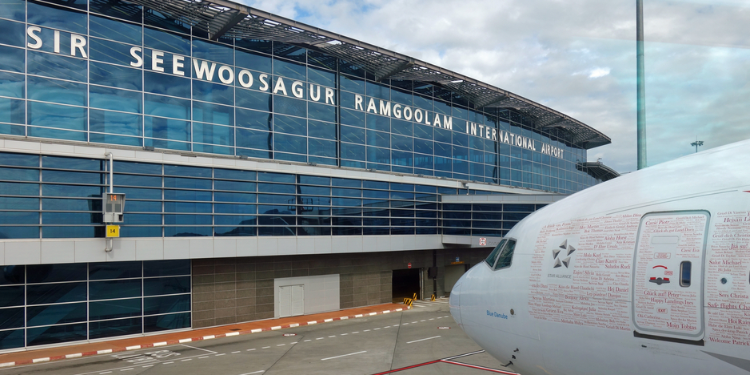Instead of 3 years, the Occupation Permit will be valid for 10 years and the spouses of holders of this permit who want to invest or work in Mauritius will not have to apply for another Occupation Permit or Work Permit. These are some of the flagship measures aimed at encouraging the opening of the country to foreigners. A 10-year Family Occupation Permit will be available for those who contribute at least Rs 250,000 to the Covid-19 Projects Development Fund. New features announced by the Minister of Finance Renganaden Padayachy during the presentation of the 2021-2022 Budget on Friday, June 11.
“It's time to get up. We will recover from the crisis. We will revive all of our industries. We will improve our social resilience. We will be better together ”. This is how the Minister kicked off this long-awaited annual exercise in the context of the health crisis. Renganaden Padayachy insisted it was about continuity. The efforts started last year after this COVID-19 crisis will therefore be maintained with these three main axes: recovery, rebirth and resilience.
Referring to the prospects for economic growth, the minister said he expected a rate of 9% for the year 2021-2022. As for the budget deficit, it is 5.6% of the Gross Domestic Product. The other measure that comes up every year: a tax on fuel and an increase in the price of alcoholic beverages and cigarettes. Except this time, it was mentioned that the additional Rs 2 per liter of fuel will be used to finance the purchase of anti-covid vaccines.
Opening of the borders
The vaccination campaign should allow the opening of the borders scheduled for July 15. Only vaccinated tourists will be able to set foot on Mauritian soil. A 14-day quarantine must, however, be carried out in a hotel establishment. From October 1, the country should welcome vaccinated tourists without any restrictions. However, a PCR test will be compulsory.
In this budget, the emphasis has been on the importance of buying local. To encourage large manufacturers to source locally, the government is offering a deduction of up to 110% on their taxable income for the purchase of "made in Mauritius" products. An online marketplace will be created by the Economic Development Board (EDB) for small and medium-sized businesses to present their products.
“EDB will set up a Business Support Facility which will provide facilitation and advisory services to all businesses in Mauritius. The organization will dedicate an account manager to all registered companies and set up an information sharing platform with the MRA and the CBRD to facilitate the exchange of information between these institutions, ”said Renganaden Padayachy.
The EDB will establish commissions on trade and business facilitation, export development, investment, sector development and financial services. A Trade Development and Intelligence Cell will be set up within the EDB to deal with trade-related issues.
New regulations for offshore and financial services
The Financial Services sector, already affected by the Financial Action Task Force (FATF) blacklisting, will see changes. The Minister of Finance announced the recruitment of new staff, a division dealing with financial crimes will be created at the Intermediate Court as well as a Financial Crime Commission. In the same vein, a new Bank of Mauritius Bill will be introduced.
The tax exemption for Family Offices and fund and asset managers will be extended from 5 to 10 years. The Bank of Mauritius and the FSC are planning to launch a program to train 100 graduates in the fight against money laundering. They will receive a monthly allowance of Rs 15,000.
The creation of a digital rupee is also on the government's agenda. It is accompanied by the introduction of a QR code which will be used to facilitate online payments. In addition, from July 1, the Financial Services Commission will launch a digital platform to enable online licensing.
Invest in pharmaceuticals
The budget also provides incentives to attract pharmaceutical investors. Developers will be able to benefit from exemption on registration fees and Land Conversion Tax. They will also be eligible for the “Premium Investor Certificate”. The government is injecting Rs 1 billion into the Mauritius Institute of Biotechnology to encourage local production of anti-covid 19 vaccine.
"The Premium Investor Certificate will allow companies investing at least Rs 500 million to benefit from negotiable incentives, on the recommendation of a Technical Committee and after approval by the Minister", supports the Minister.
















